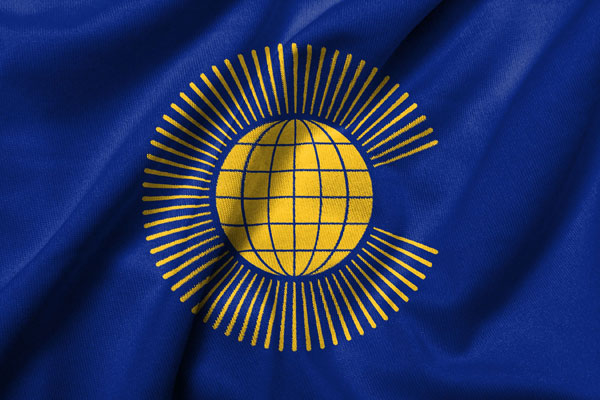Commonwealth Watch: Move to close vital studies unit infuriates academics around the world

Academics from around the world are protesting against an “irresponsible“ and “counter-productive” proposal by the University of London to bring to an end work at one of the Commonwealth’s best respected and most valuable research units – the Institute of Commonwealth Studies (ICwS).
It comes at a time when leaders of the Black Lives Matter movement are demanding that historians remove the veils that cover hideous racial crimes against black people during the zenith of British imperialism in the 19th and first half of the 20th centuries.
Eighty -one leading academics put their names to a protest letter published in The Times (October 31, 2020).
Victoria Schofield, chair of the editorial board of the magazine The Round Table said that the intention to close the institute is “particularly baffling given the context of a renewed interest in and indeed urgency of questions relating to imperial and colonial legacies both within the UK and around the world.”
She said: ”The intention to close the institute would suggest that the decision-makers at the University of London are advocates of Little England rather than Global Britain. My colleagues on the editorial board of The Round Table are unanimous in expressing dismay at this regrettable short-sighted and ill-considered proposal.”
The institute is housed and financed by the University of London and Wendy Thomson, the university’s Vice-chancellor said that the reason for the planned closure of the institute were “pressing financial challenges compounded by Covid-19.”
Earlier this month, the University of London unveiled its “new strategy” for the School of Advanced Study.
It explained that due to the “significant” financial challenges faced by the School, it must “now consider all means of preserving viability and securing its future”.
The Institute of Commonwealth Studies along with the Institute of Latin American Studies are earmarked for closure, with “key academic initiatives” and staff to be redeployed to other parts of the School.
Prof Thomson said no one has suggested to her that colonial guilt is behind the plans to shut down the institute.
“I completely understand the concerns of Commonwealth scholars and officials and will be meeting several as part of our consultation into the proposals,” she said.
“I will be reassuring them that while the names of institutes may be retired, key work into topics such as refugee law, post-colonial history and Black British history will continue elsewhere in the School of Advanced Studies.
“Our proposals demonstrate our intention to prioritise key academic work ahead of Institutional structures.”
Prof Thompson said that the institute’s collection will remain in the Senate House Library and there are proposals for a new annual Conference to mark Commonwealth Day each year.
One of the best respected Commonwealth academics and director of the Institute of Commonwealth Studies, Professor Philip Murphy told the newspaper’s History Correspondent, Mark Bridge, that there is “bemusement in the academic community that at the moment, with a particular interest in Black British history and the legacies of empire and de-colonisation, the university is closing down an institute that has pioneered work in all those fields and has supported these areas for decades, when other units and institutes are just beginning to pick up on that.”
The letter published by The Times – signed by 181 top academics specialising in Commonwealth affairs – made mention of the concerns of Black Lives Matter.
It said: “ The idea that the institute should be abolished is frankly irresponsible and counter-productive, when representation of slavery and empire are being debated, when Black Lives Matter is forcing us to examine how we respect and protect diversity, when students are desperate to better understand colonial legacies and given that after Brexit the governments wants a ‘Global Britain’ with stronger Commonwealth ties. We need the institute more than ever.”
Director Professor Philip Murphy is one of Britain’s best respected academics on the Commonwealth and the British Empire. There is deep is concern among his colleagues that this man who has championed the multi-racial/multi-cultural “Club” for so long and contributed massively to its development could lose his job.
Trevor Grundy’s full article can be read here
